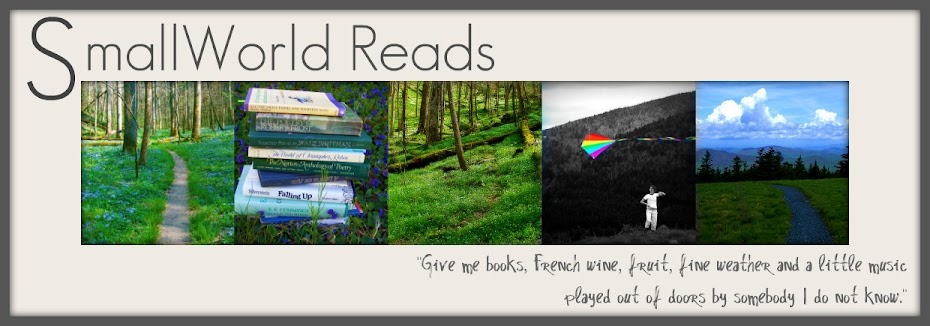The subtitle of this book by Rod Dreher this book by Rod Dreher just about sums it up: "How Birkenstocked Burkeans, gun-loving organic gardeners, evangelical free-range farmers, hip homeschooling mamas, right-wing nature lovers, and their diverse tribe of countercultural conservatives plan to save America (or at least the Republican Party)." What homeschooling parent wouldn’t want to read this book? I’ll admit that certain words in this subtitle give me the heebie-jeebies (“right-wing” is one of them), but others are just too attractive for me to pass this one up (having “hip,” “homeschooling,” and “countercultural” in the same sentence makes me giddy). “Crunchy” itself is something I’ve been accused of being by more than a few people, although I must admit I’ve often bristled at the term because I grew up amidst a swarm of die-hard Crunchy Granola-Heads (these yuppie-turned-crunchies need to be carefully distinguished from true hippies a la my oldest brother and his dysfunctional and now defunct commune groupies).
But back to the book. It is an “a ha” book throughout. In nearly every chapter I had those moments of thinking (or saying outloud and then reading passages to Randy), “Yes! Exactly!” and “So THIS is what I am—and there are tons of people like me!” There were a few moments of saying, “Yeah, yeah, yeah,” especially in the chapter devoted to religion, but I do have more of an understanding of some of my friends’ choices now. Boy, there’s just so much good stuff in this book, but let me start by providing the Crunchy Con Manifesto:
1. We are conservatives who stand outside the conservative mainstream; therefore, we can see things that matter more clearly.
2. Modern conservatism has become too focused on money, power, and the accumulation of stuff, and insufficiently concerned with the content of our individual and social character.
3. Big business deserves as much skepticism as big government.
4. Culture is more important than politics and economics.
5. A conservatism that does not practice restraint, humility, and good stewardship—especially of the natural world—is not fundamentally conservative.
6. Small, Local, Old, and Particular are almost always better than Big, Global, New, and Abstract.
7. Beauty is more important than efficiency.
8. The relentlessness of media-driven pop culture deadens our senses to authentic truth, beauty, and wisdom.
9. We share Russell Kirk’s conviction that “the institution most essential to conserve is the family.”
One of the things I love best about this book is that Dreher emphasizes how important it is to work across party lines and labels to conserve beauty, the earth, the family: “There’s one thing we should definitely keep out: the nasty spirit of intolerance and incivility that dominates American political and cultural debate today. Life is too precious, and too important, to waste taking seriously people like the liberals who laughed at the prospect of bombing a Baptist church [story told in book], or conservatives who talk of liberals not as if they were human beings but enemies to be destroyed. The challenges facing us as individuals, as families, and as a society are grave, and the knee-jerk, party-line viciousness that drives our politics today gets us nowhere. I know too many liberals with whom I disagree on some pretty fundamental ideas, but how are also thoughtful and kind people who could even be my allies in public disputes over things important to both of us.”
As I said, there’s just so much good stuff in here. Here are a few more favorite quotes:
From the chapter “What Are Crunchy Conservatives?”: “Everyone of us can refuse, at some level, to participate in the system that makes us materially rich but impoverishes us spiritually, morally, and aesthetically. We cannot change society, at least not overnight, but we can change ourselves and our families.”
From “Education”: “Homeschooling tests a husband and wife’s commitment to the idea of family as mission. That is, do you think of our family as something that exists for no discernible purpose, or do you conceive of it as serving a larger mission? … The question is not whether or not you love your child, but what that love demands of you. Before thinking seriously about homeschooling, you have to think seriously about marriage and family—that is, what they really mean to you, and what you’re prepared to sacrifice for their sake. Homeschooling is not a neat thing you try, like a new diet or exercise routine; it is a demanding way of life, and it soon becomes the focus of a family’s life.”
From “Religion”: “If crunchy conservatism stands for anything, it’s the questioning of Progress and thoughtful but radical dissent from an ideology that believes the material universe is ours to manipulate to suit our ends.”
Read the book.
Saturday, December 23, 2006
Book Review: Crunchy Cons
December 23, 2006
Subscribe to:
Post Comments (Atom)

No comments:
Post a Comment